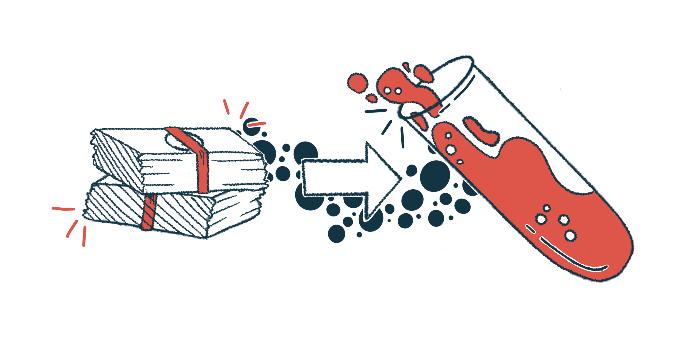Cushing’s researcher is Georgia Research Alliance eminent scholar
Physiologist says her own diagnosis was ‘turning point’
Written by |

Yana Zavros, PhD, a physiologist working on Cushing’s disease, has been named the Georgia Research Alliance’s eminent scholar in molecular medicine. She will establish and direct a new research center at the University of Georgia’s School of Medicine, focusing on translating laboratory observations into clinical practice.
The center will “bridge medicine with science to benefit patients,” Zavros, diagnosed with Cushing’s herself after years of unexplained symptoms, said in a university news story. “My vision is that this will be the center that other institutions will look to as an example of how to successfully connect biomedical research and medicine in a way that will rapidly translate scientific discovery to the patient,” she said.
Zavros, whose previous research focus was on gastric cancer, turned her attention to Cushing’s disease after her diagnosis. “It was a turning point in how I viewed research and the responsibility we have as scientists to ensure knowledge is translated to the patient,” she said. “I started to ask why does it take this long to get diagnosed and treated? I realized that despite several decades of research, therapeutic approaches that overcome therapy resistance and prevent disease recurrence for patients with Cushing’s disease were incremental.”
“As a scientist, I felt like I had found my purpose,” Zavros said.
Cushing’s disease is a rare condition in which the body produces too much cortisol due to a tumor that has formed in the brain’s pituitary gland, causing a wide range of symptoms.
Treatment for Cushing’s remains limited and often ineffective. Zavros said it relies on “trial and error” rather than a targeted approach.
A ‘driving force’
“We are very grateful to the Georgia Research Alliance for their support,” said Jere W. Morehead, president of the university. “Dr. Zavros will be an extraordinary addition to the faculty of the University of Georgia. She will be a driving force for the establishment of a high-caliber, translationally focused research enterprise.”
Shelley Nuss, founding dean of the University of Georgia School of Medicine, said Zavros’ “multidisciplinary research has already impacted the lives of patients with cancer and Cushing’s disease and has the promise to advance the University of Georgia’s reputation as a top research institution in the country.”
Zavros’ team recently secured a $14 million grant from the National Institutes of Health to help create a national biorepository for pituitary tumors.
“For me, it’s important that every question that we’re asking has clinical relevance,” Zavros said. “We must have an interdisciplinary team of translational scientists, oncologists, pathologists, surgeons, clinicians and veterinarians. That’s what it takes to accelerate the movement of scientific discovery to the clinic.”
Zavros expects the new center to bring together experts from various fields and foster collaboration across various departments and institutions to accelerate the translation of laboratory observations into clinical practice. Her work will benefit canine patients as well as human ones, the university said, noting that Cushing’s is common in dogs.
The Georgia Research Alliance is a nonprofit that supports university research with a focus on driving economic growth through innovation and entrepreneurship. Eminent scholars are recognized as leaders in their respective fields and contribute to attracting funding to Georgia’s top universities.





